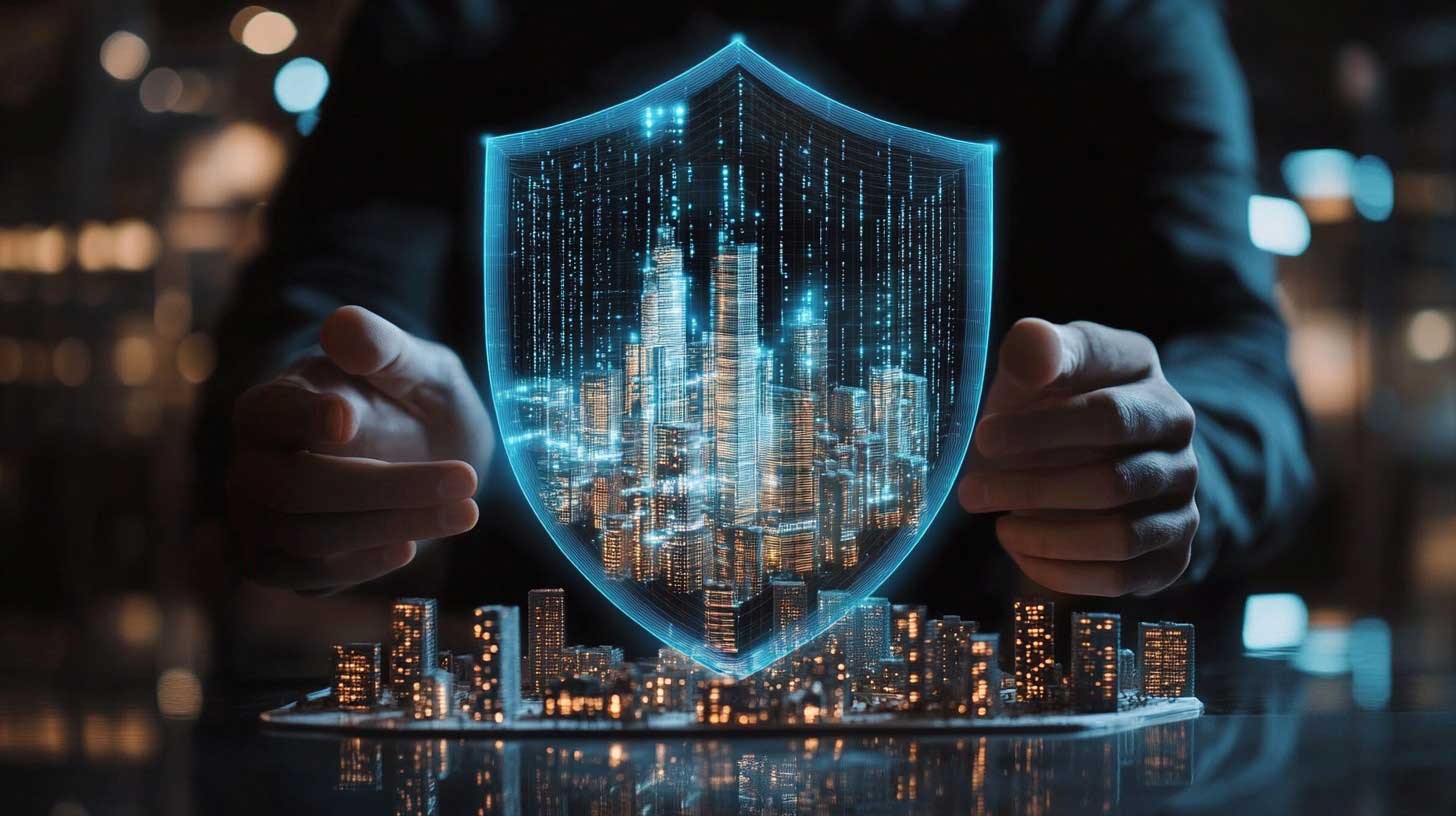Cybersecurity Essentials: Protecting Your Personal and Business Data
In an increasingly digital world, cybersecurity has become a paramount concern for individuals and businesses alike. From personal data to critical business information, protecting our digital assets is crucial to prevent theft, damage, or loss. Here’s a detailed guide to essential cybersecurity practices that can help safeguard your personal and business data.
Understanding Cybersecurity
Cybersecurity involves protecting systems, networks, and data from digital attacks. These attacks can range from data breaches to malware infections, with the goal of stealing, damaging, or otherwise compromising sensitive information.
1. Strong Passwords and Authentication
One of the simplest yet most effective ways to enhance security is by using strong passwords. A robust password should be at least 12 characters long and include a mix of letters, numbers, and symbols. Avoid using easily guessable information like birthdays or common words.
Additionally, enable multi-factor authentication (MFA) whenever possible. MFA adds an extra layer of security by requiring more than just a password for access, such as a text message code or biometric verification.
2. Regular Software Updates
Software updates are not just about adding new features—they also fix security vulnerabilities that could be exploited by attackers. Ensure your operating systems, applications, and any software you use are kept up-to-date to mitigate these risks.
3. Secure Your Network
Securing your network is critical in preventing unauthorized access. Use a strong, unique password for your Wi-Fi network and consider changing it periodically. For businesses, setting up a Virtual Private Network (VPN) can encrypt data transmissions and protect against interception.
4. Backup Your Data
Regularly backing up your data ensures that you can recover important files in case of a cyberattack or hardware failure. Use both cloud-based solutions and physical backups like external hard drives to create multiple layers of security.
5. Be Wary of Phishing Scams
Phishing attacks trick individuals into providing sensitive information by masquerading as trustworthy entities. Be cautious of unsolicited emails or messages asking for personal or financial information. Verify the sender’s authenticity before clicking on links or downloading attachments.
6. Implement Security Software
Antivirus and anti-malware programs are essential tools for detecting and removing malicious software. Choose reputable software and keep it updated to ensure it can effectively combat the latest threats.
7. Educate and Train Employees
For businesses, cybersecurity training is crucial. Employees should be educated on recognizing phishing attempts, using strong passwords, and understanding the importance of data security. Regular training sessions can keep your team informed about the latest threats and best practices.
8. Secure Mobile Devices
Mobile devices are vulnerable to theft and cyberattacks. Use screen locks, encryption, and remote wipe capabilities to protect data on your smartphones and tablets. Avoid connecting to unsecured public Wi-Fi networks, and install security apps designed for mobile protection.
9. Monitor and Respond to Threats
Regularly monitor your systems for unusual activity that could indicate a breach. Implementing a robust incident response plan ensures that you can quickly address and mitigate the impact of any cybersecurity incidents.
10. Legal and Compliance Considerations
Adhering to legal and regulatory requirements related to data protection is essential. Familiarize yourself with laws such as the General Data Protection Regulation (GDPR) or the California Consumer Privacy Act (CCPA) and ensure that your practices are compliant.
Conclusion
Protecting your personal and business data requires vigilance, proactive measures, and a commitment to cybersecurity best practices. By implementing strong passwords, securing networks, backing up data, and staying informed about threats, you can significantly reduce the risk of cyberattacks. Whether for personal peace of mind or business continuity, investing in cybersecurity is an essential step toward safeguarding your digital world.
Feel free to reach out if you need further advice or assistance on specific cybersecurity measures!



















